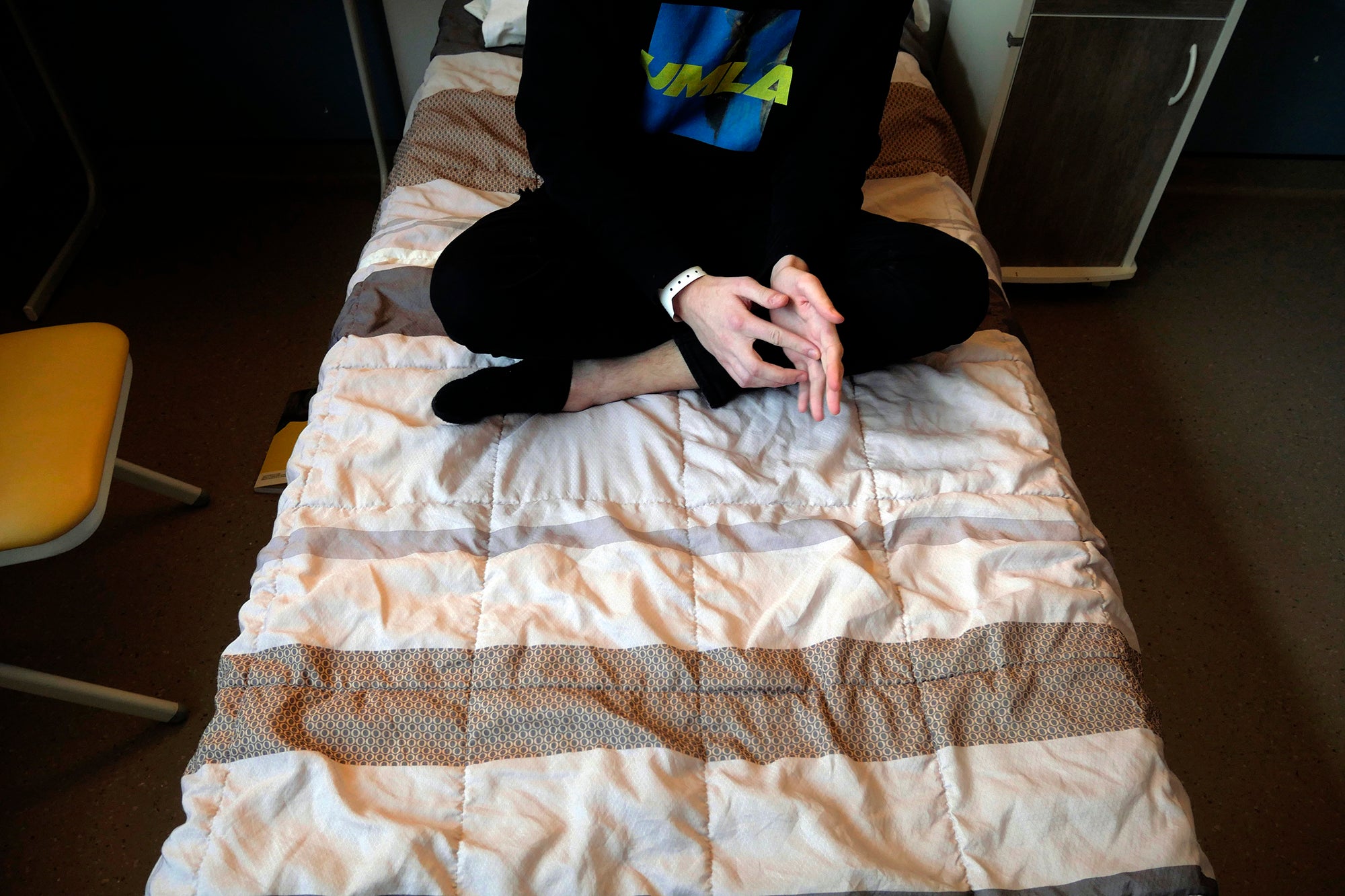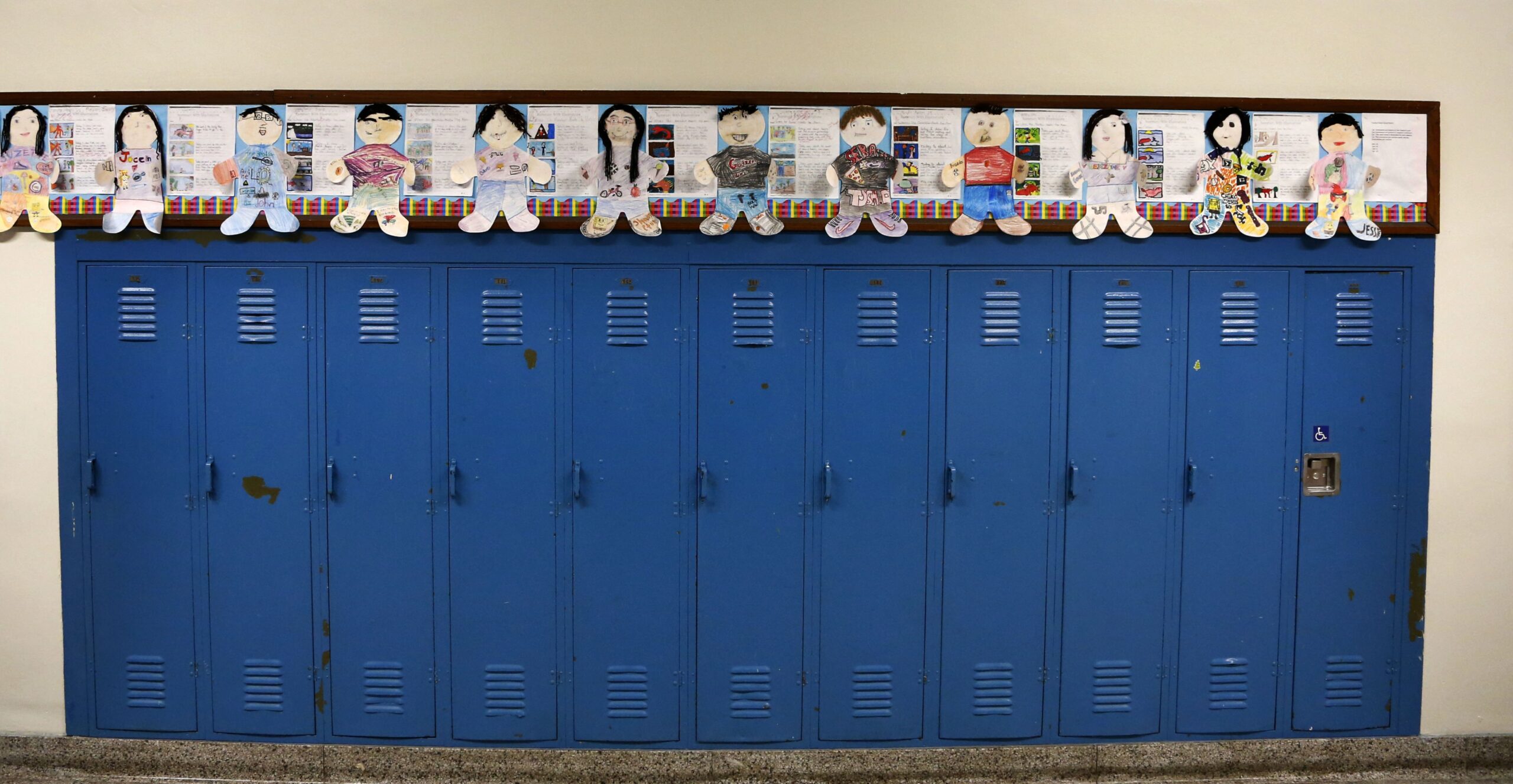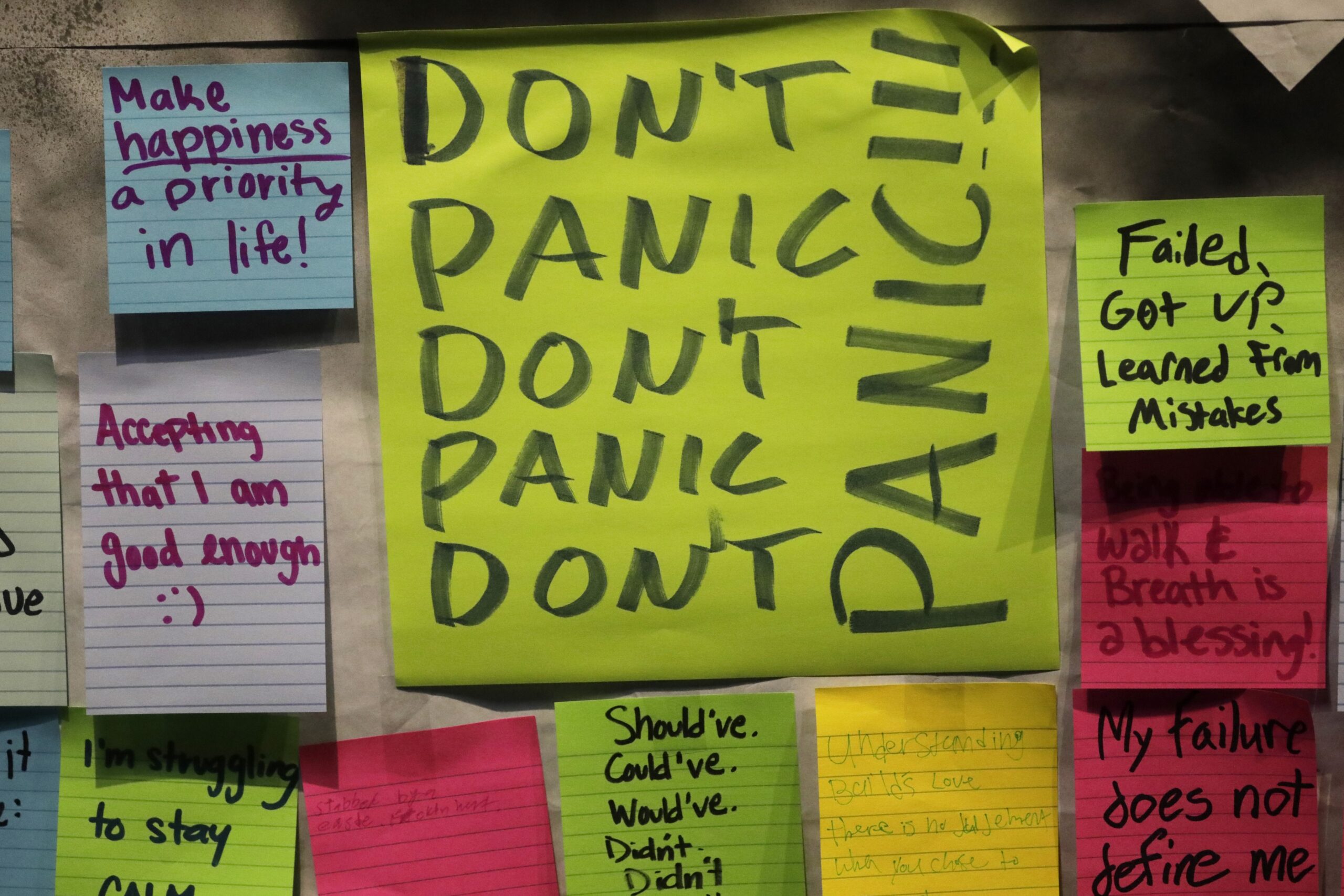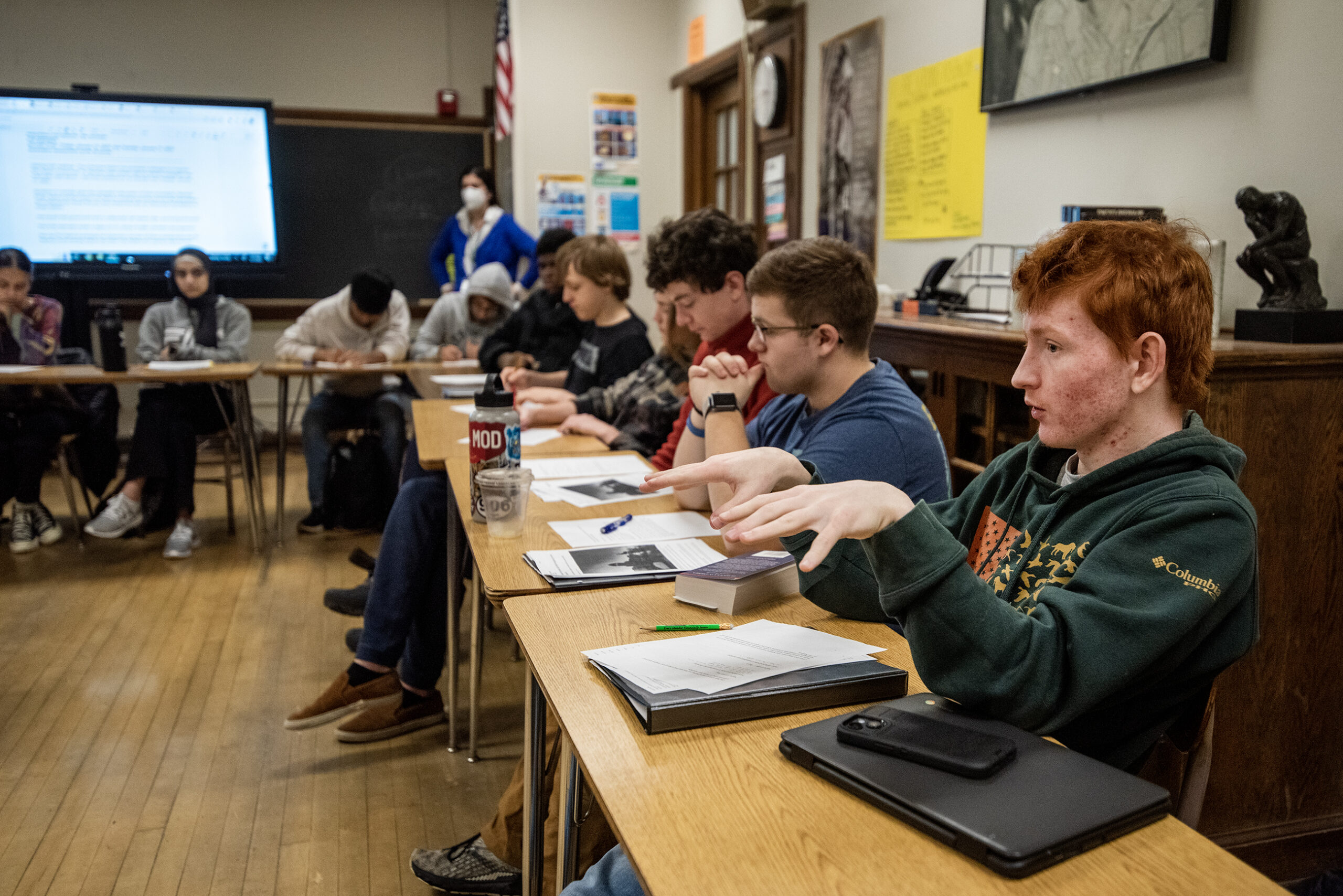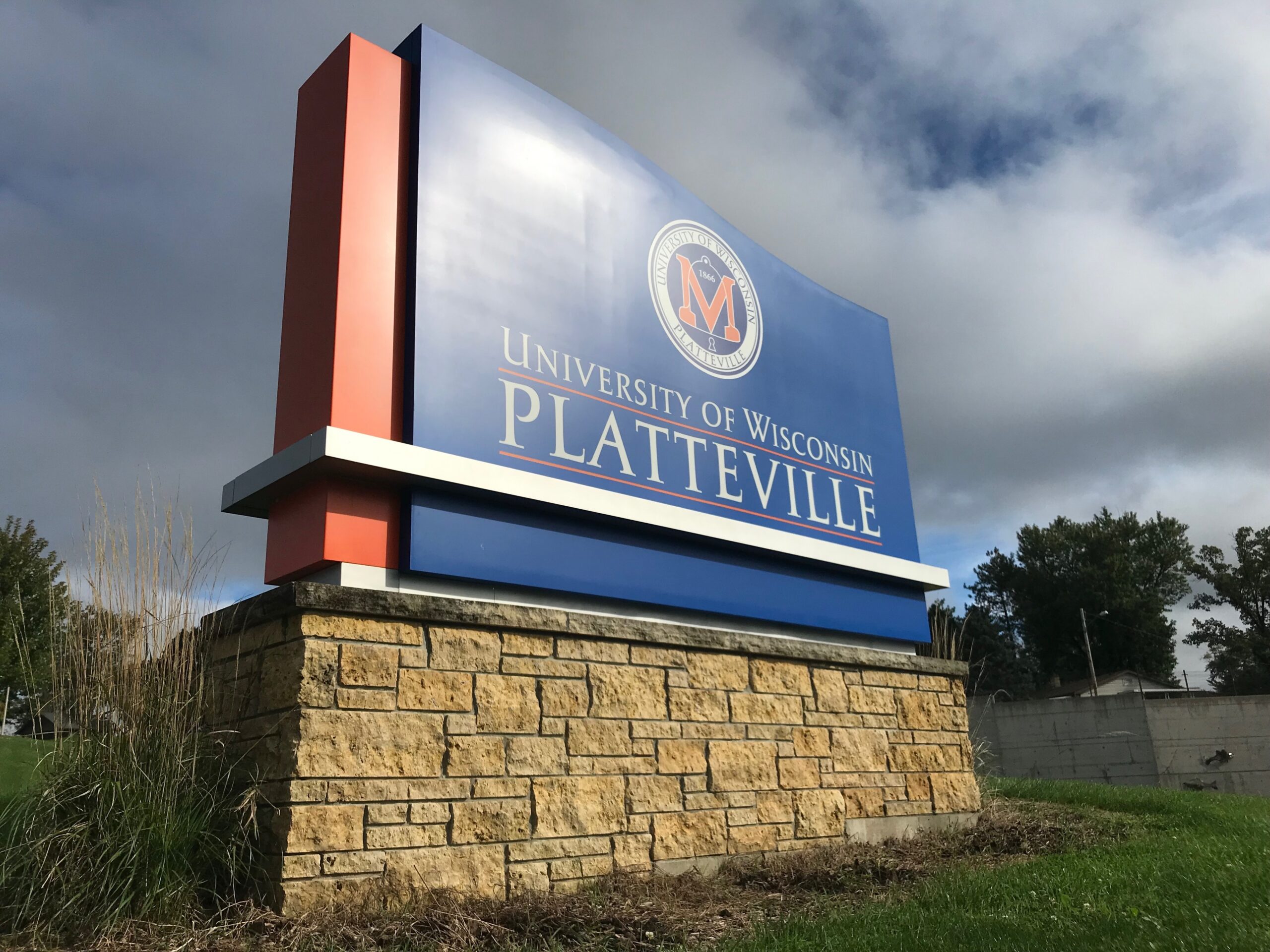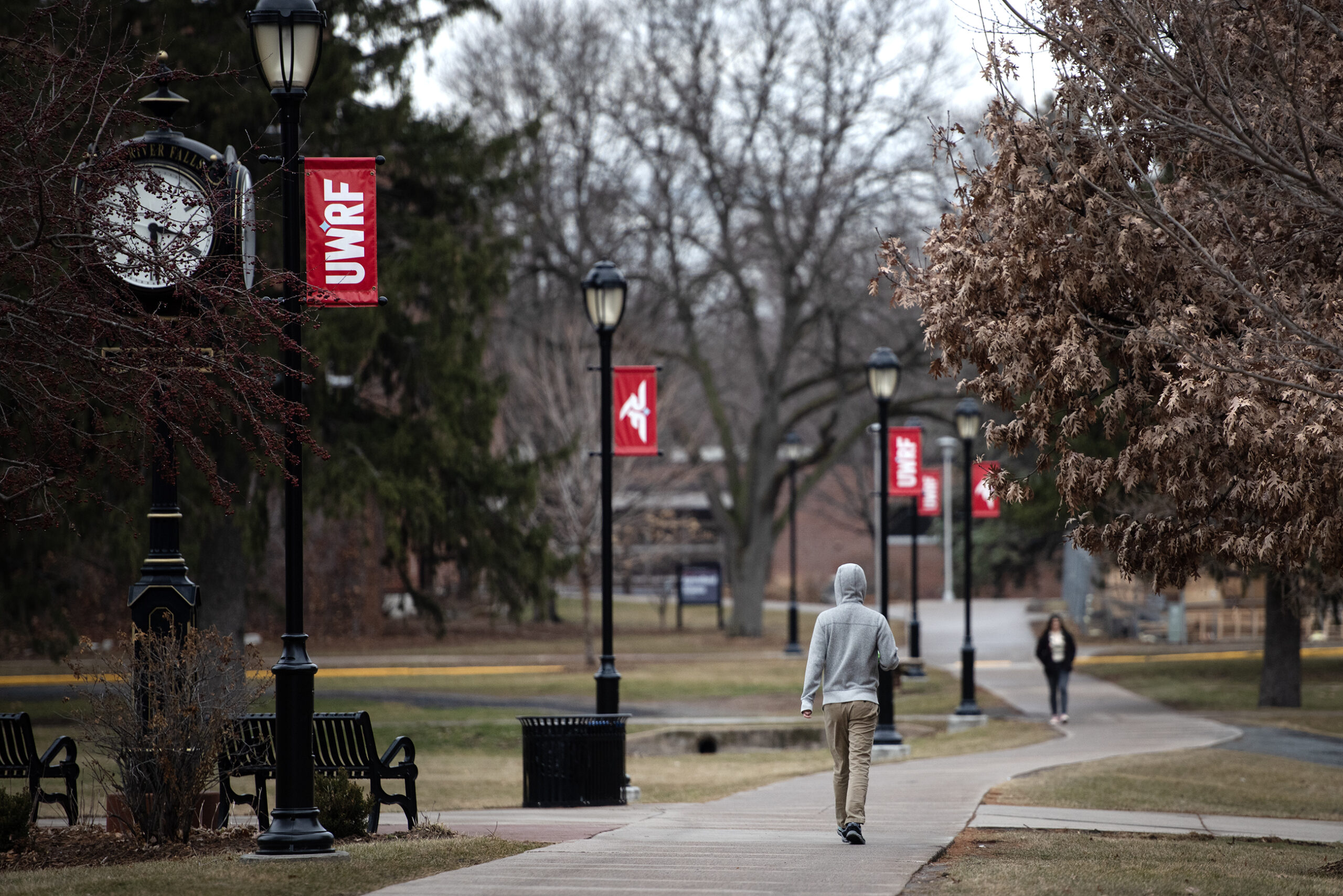After attending school virtually or semi-virtually for the past year, students in communities across Wisconsin said they found ways to cope with being away from teachers and friends but looked forward to getting back to regular in-person classes. Students also spoke in favor of more mental health services and mental health literacy.
Feedback from 160 middle and high school students about their learning environments and their mental health during the pandemic was published in mid-April in a report titled “Voices of Wisconsin Students Project: Learning, Coping and Building Resilience During COVID-19.”
Sharon Belton, director of the University of Wisconsin System’s Wisconsin Institute of Public Policy and Service, said data was collected from focus groups whose participants ranged from sixth graders to high school seniors. In January and February, 23 virtual focus group meetings were held for two hours each with the students representing 68 Wisconsin communities, 38 counties and 96 public and private schools.
News with a little more humanity
WPR’s “Wisconsin Today” newsletter keeps you connected to the state you love without feeling overwhelmed. No paywall. No agenda. No corporate filter.
“We really wanted this to reflect the voices of Wisconsin students and provide an opportunity for kids from all corners of the state to get together with other kids like them, to hear how each other was experiencing the pandemic and just have a conversation and an opportunity to talk more about it,” Belton said.
Linda Hall, director of the Wisconsin Office of Children’s Mental Health, said it’s evident that the 2020-21 school year has been difficult for many students, in part because of disruptions to their social support systems.
“But I think what we also see in this report is that kids learned a lot about themselves, and they learned new activities, new hobbies, and they built resilience in new, sometimes pretty surprising, ways,” she said.
In the high school conversations, students reported that attending school virtually helped them better understand their own forms of learning and helped them gain insights into what methods work best for them.
Belton said the students spoke about their own resiliency and trying to find silver linings as ways to stay positive. They identified meditation, journaling, spending time outside, exercising and finding new ways to connect with friends as some of their coping strategies.
“For many of the high school students, just getting in their car and taking a drive and listening to music was a way that they could recharge,” she said.
But the challenges have been harder for some students to overcome, especially for students who find it hard to self-motivate.
One student said, “Going virtual exposed the inequality present in public education,” the report said. “The students that are self-motivated have grown more than they would have otherwise because they can manage their schedules better, but for the apathetic students, it leaves them behind without support.”
Many students spoke about feeling isolated, and mentioned that classmates often turn their cameras off during class which heightens feelings of disconnect.
“Being virtual, it’s just like you’re alone on your ship here,” one middle school student said. Other students mentioned they felt more like they belonged when their teachers reached out to them individually.
Through these conversations and other listening sessions that the Office of Children’s Mental Health has conducted, students also are asking that adults be more literate when it comes to mental health, Hall said. They want resources available to them when they need to talk about issues, and they’re searching for ways to reduce the stigma that comes with needing help.
Students want more support at school, too, Hall said, pointing to a number of students who reported that they had trouble accessing their counselors. Hall said the students mentioned counselors were overloaded and didn’t have time to meet with them.
The focus group participants also spoke about being afraid to seek help because of worries that they’ll be labeled with a mental health-related issue; that their conversations won’t remain confidential; that they don’t know the words to describe how they’re feeling; and that they feel shame about needing help.
Hall said more conversations about mental health and finding ways to normalize these discussions are some of the tools that can help reduce the stigma.
If you or someone you know needs help, the National Suicide Prevention Lifeline is available 24 hours, seven days a week at 800-273-8255. The Wisconsin chapter of the National Association of Mental Illness also has information and resources available at https://namiwisconsin.org.
Wisconsin Public Radio, © Copyright 2025, Board of Regents of the University of Wisconsin System and Wisconsin Educational Communications Board.

